In the world of the arts, some things keep on even in this time of impossibility which the virus has brought. Remember the old Bob Dylan song Too Much of Nothing? That’s what it’s been like with a lot of artistic activity. In normal circumstances a theatre diehard would have been to a couple of Melbourne Theatre Company openings in the last few weeks. My last contact with the organisation was to listen to the audio version of Henry James’ The Turn of The Screw –– the ghost story, where the governess, may or may not be seeing things –– directed by Sarah Goodes and a collection of political speeches done by a range of Anglo and Indigenous actors led by the wonderful Marg Downey as Dame Enid Lyons.
Anyone living in Melbourne’s private school green belt is forbidden by government edict from venturing as far as Exhibition Street where as a child I saw John Gielgud do his one-man Shakespeare show, tears streaming down his face at the Howl in King Lear or Michael Denison (Algy in the old Asquith/Edith Evans film of The Importance of Being Earnest) play Higgins in My Fair Lady. Or Carlton where I saw Max Gillies’ staggering Monk O’Neil in Jack Hibberd’s A Stretch of the Imagination.
Still, life goes on. On Tuesday Brett Whiteley’s The Arrival: A Glimpse in The Botanical Gardens sells for $1.6 million. The nominations for the ARIA awards come out. The perpetually self-deprecating Sam Neill, whose Instagram posts of poems and songs have been a solace and a delight, is half way through shooting Jurassic Park: Dominion (out next year) and recalls that when the first one appeared the New Yorker for weeks ran a review saying the computer-generated imagery was superior to the acting. It’s good that Neill’s doco about Captain Cook is being shown once more, even if there’s a world of millennials and generation Zs who would like to see Cook cannibalised all over again.
Good too that Nadia Tass – who made two of the great Australian comic movies Malcolm and The Big Steal – is actually directing plays for an American audience via Zoom.
Even so, most entertainment, high and low, has been some form of television. You may think our actors and directors who are ‘resting’ should stream their way into our living rooms with, say, readings of the classical Greek dramatic canon, everything from the sublimities of Aeschylus’ Oresteia to the high farce of Aristophanes’ Lysistrata (the one about the women’s sex strike.)
And it’s not hard to imagine Nadia Tass (with her Greek background and Jane Montgomery-Griffiths, the classicist/actress) making love to the task.
In practice, it might be a bit easier to take the final instalment of Rob Brydon and Steve Coogan’s The Trip which is more of the usual combo of banter and sitting in restaurants by the superb comic duo only this time focused on Greece and retracing the wanderings of Odysseus around those fabled isles.
Brydon, the Welshman who can do anything with his voice, and Coogan, the Northerner with his own brand of slightly more blighted on the back-step comic repartee are about as relaxing as super clever laid back TV can get.
They can – famously – do Michael Caine or Roger Moore talking with each of them doing pinpoint accurate but marginally different imitations of the famous voices in competition with each other. In the first Trip, to the Lake District, Brydon did a fearsomely accurate Richard Burton and in the Spanish one he goes from his own lightly Welsh tones to the velvet music of Anthony Hopkins. This one has a sequence in which Paul McCartney and John Lennon bicker in vertiginous Liverpudlian and – to make things human – both Coogan and Brydon do rather lame imitations of Brando.
Part of the trick with The Trip is that every half hour episode of the show has an intimate resemblance to a real-life chat between two very bright, residually hopeless human beings who intermittently find themselves as ridiculous as they do the other.
They also constantly say semi-serious things as when Brydon says that Don Quixote and Sancho Panza were the original comic double-act – a defensible proposition – and then follow this up with Laurel and Hardy imitations.
It all has the lameness of real life and it’s a wonderful balm.
Got something to add? Join the discussion and comment below.
Get 10 issues for just $10
Subscribe to The Spectator Australia today for the next 10 magazine issues, plus full online access, for just $10.
You might disagree with half of it, but you’ll enjoy reading all of it. Try your first month for free, then just $2 a week for the remainder of your first year.

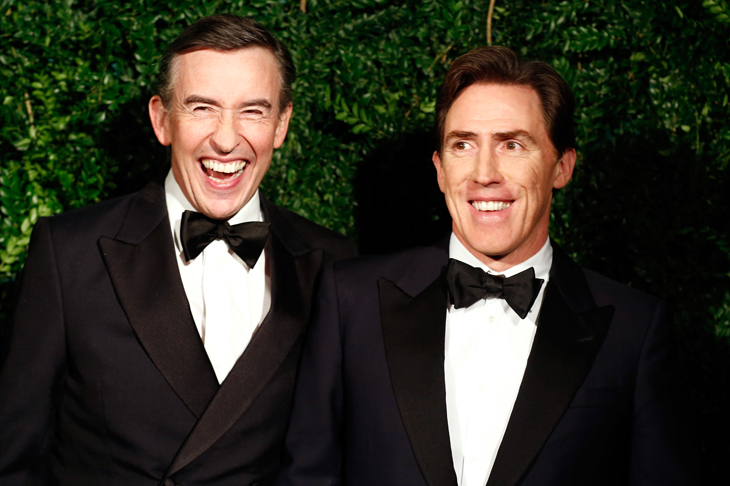
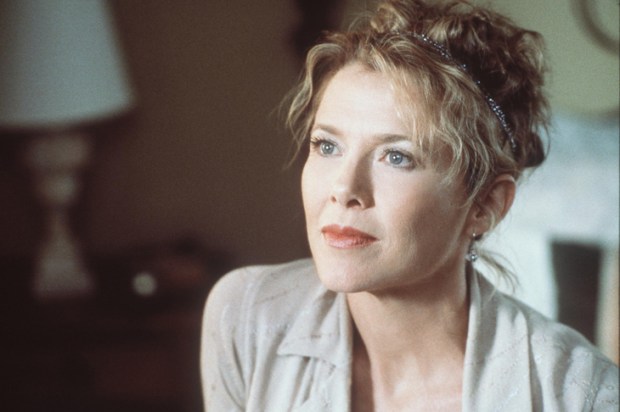
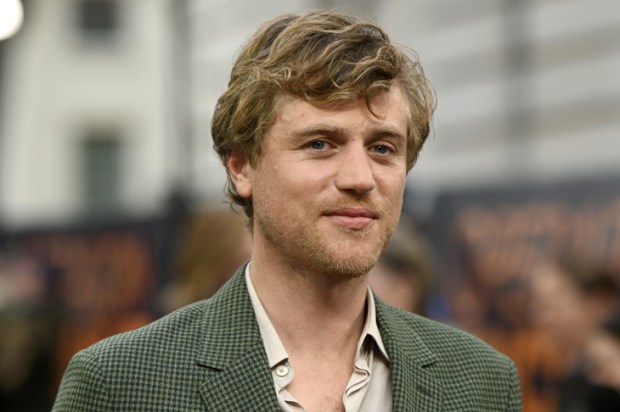
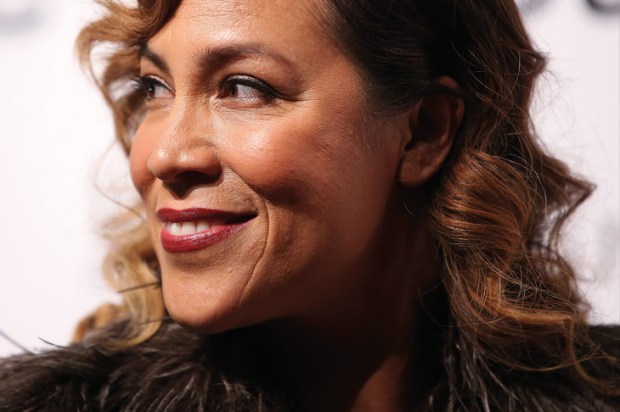
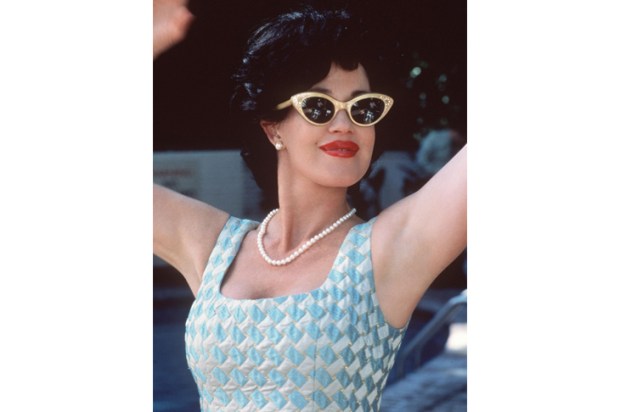
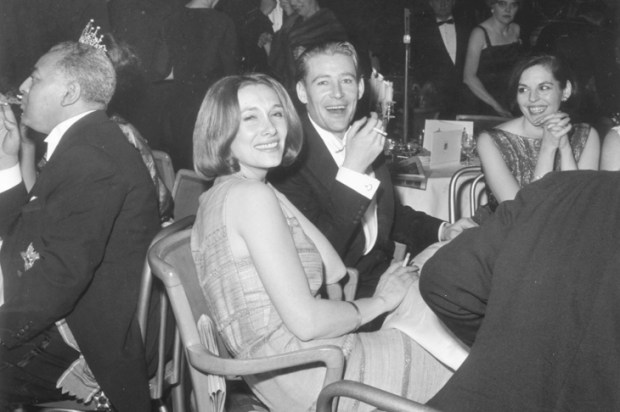
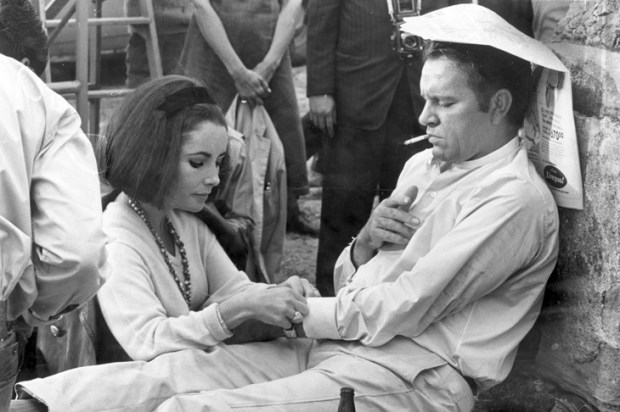






Comments
Don't miss out
Join the conversation with other Spectator Australia readers. Subscribe to leave a comment.
SUBSCRIBEAlready a subscriber? Log in